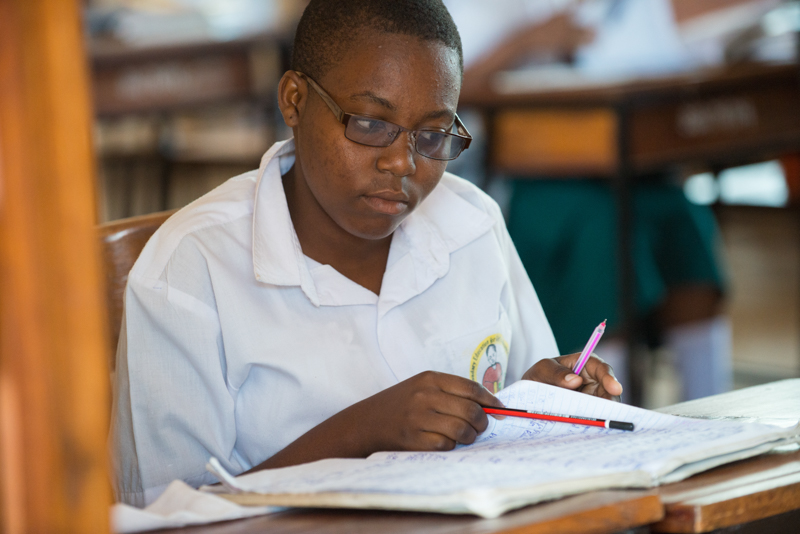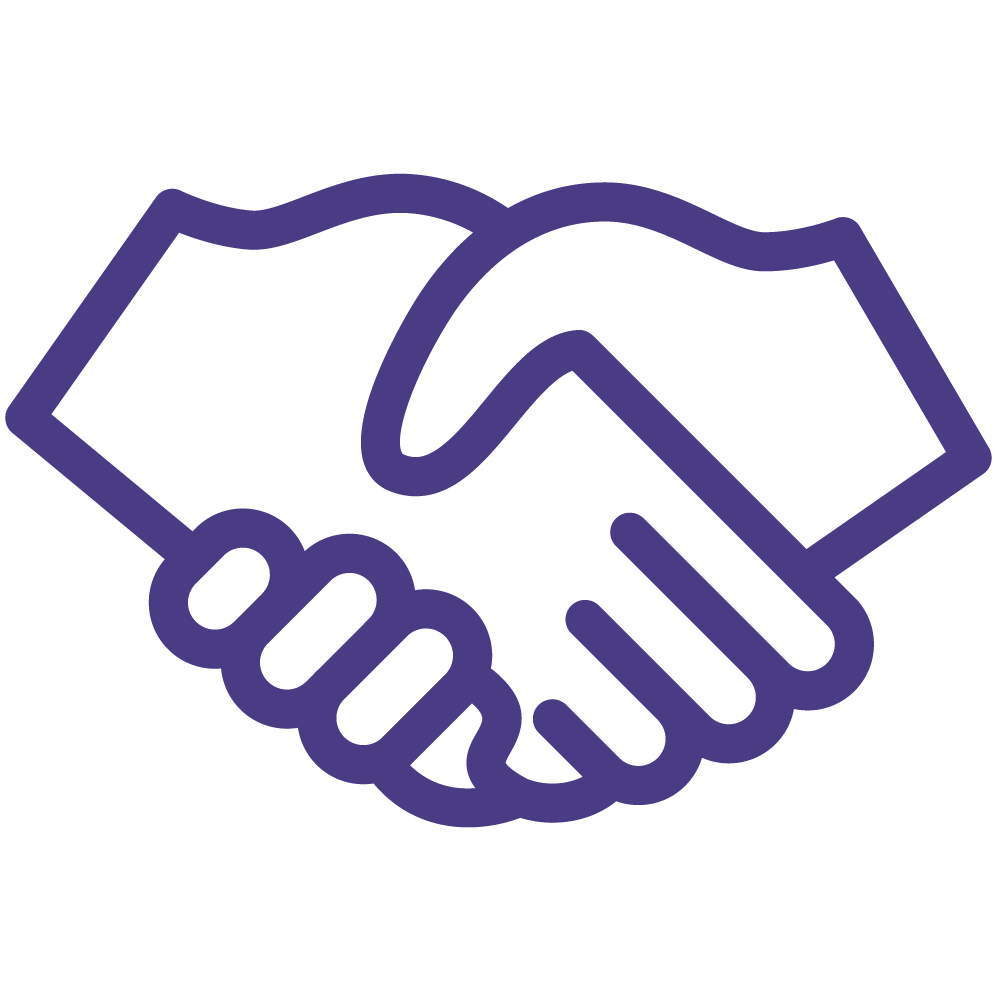Girls who stay in school for seven or more years typically marry four years later and have two fewer children than girls who drop out

And yet, across the developing world, women and girls are consistently marginalized and undervalued. Education beyond primary school is often out of the question for those living in poverty, regardless of their previous academic performance or desire to learn. In families in which funds are limited, boys are usually educated before girls, as the boys are expected to make a long-term economic contribution back to their families.
Girls who stay in school for seven or more years typically marry four years later and have two fewer children than girls who drop out
For every additional year of school a girl receives (on average), her country’s climate resilience can be expected to improve
An extra year of secondary school boosts girls’ eventual wages by 15-25%
When 10% more girls go to secondary school, a country’s economy grows by 3%
When women earn income, they reinvest 90% of it in their families, buying books, medicine, and education for their children
Secondary Education for Girls’ Advancement (SEGA) believes in providing a sustainable, holistic education grounded in quality academics and currently runs three programs:
The SEGA Girls' School - a private secondary girls' boarding school for bright, motivated Tanzanian girls who otherwise would be unable to attend school due to extreme poverty or hardship. SEGA uses a holistic approach to education which includes an academically challenging Tanzanian curriculum, entrepreneurship development, and a comprehensive life skills and leadership program on an environmentally sustainable campus.
Continuing Education Scholarship Program - Scholarships are provided to all graduates that qualify and enable them to get vocational education, certificates and diplomas in teaching, nursing, business, and non-profit management, as well as A-levels (Advanced High School) and University degrees.
Modern Girl Community Outreach Program - In 2016 SEGA started the Msichana wa Kisasa (Modern Girl) Outreach Program in which recent SEGA and Modern Girl graduates become mentors to girls ages 10-25 in their home communities and teach life skills aimed at preventing early marriage and teen pregnancy and financial literacy and business development.
SEGA’s goal is to improve the quality of life for Tanzanian girls.
SEGA is ranked in the top 7% of secondary schools in the country .
The majority of SEGA students are bright and motivated girls on full scholarship who, prior to coming to SEGA, were at high risk of dropping out of school due to extreme poverty or hardship.
Girls receiving full scholarships to SEGA are selected from over 20 different communities throughout Tanzania; have completed 7th grade; have been identified by their teachers as bright but highly at-risk; and must pass a SEGA entry exam, interview and home visit process.
SEGA provides all the necessary financial, material and social support for the girls to attend and succeed within the school. Also providing a supportive, safe and loving environment in which to live and learn.
In 2015, SEGA was named an Ashoka Changemaker School. Changemaker schools enable their students to become changemakers: young people with the skills and confidence to change the world for the good of all.
SEGA is situated at the foot of the Uluguru Mountains in a rural area of Tanzania near the town of Morogoro, 190 km west of Dar es Salaam. Morogoro is one of Tanzania’s growing cities with a population of 458,000.

A high quality education that fosters the development of strong values, healthy self-esteem, and independent thinking. SEGA is also a center for excellence in teaching, learning and leadership development.

Focuses on life skills, leadership training, community outreach and social responsibility opportunities. SEGA provides amazing extracurricular activities including sports, arts, music, theatre, drama and dancing. Life Skills education both on and off the SEGA campus, focuses on HIV/AIDS awareness, early pregnancy prevention, human rights, communication skills and career counseling.

Training allows students to put theory into practice as they develop a business plan and learn to manage the costs of running a business. The students collaborate with each other, learn computer skills, use their creativity to design, produce, market, and sell products and services. They also learn about savings and opening savings accounts.

According to Resilience.org, educating girls is ranked as a more effective climate solution than electric cars, various types of solar, offshore wind, wave and tidal power, yet gets typically overlooked in favor of technological fixes.
SEGA teaches environmental stewardship and operates an environmentally sustainable campus. The campus is off-the-grid and run on solar-power, has a rainwater catchment system which provides the school with renewable water, and maintains organic gardens that provide 42% of the school’s produce.

Support for the girls doesn’t stop at graduation. The program offers graduates career workshops, help in obtaining internships, and job placement assistance. In addition, 98-100% of graduates go on to continuing education beyond high school to A-Levels (an additional 2 years of high school required to enter university), two-year certificate or diploma degrees in teaching, nursing, business and non-profit management, vocational education, and university degrees. Currently SEGA is able to pay for all of these graduates to go on to higher levels of schooling through our Continuing Education Scholarship Fund.
If you would like to contribute to this fund to ensure all students can continue their education after SEGA, please click here.

The Modern Girl program trains SEGA graduates as mentors to go back into their home communities to teach life skills including reproductive health, communication skills and human rights to girls ages 10-25. The program is designed to educate communities about the negative outcomes of early marriage and teen pregnancy, which are two of the leading reasons why girls drop out of school in Tanzania, as well as financial literacy and business development skills. This program reached over 1,800 girls in 28 communities this year.